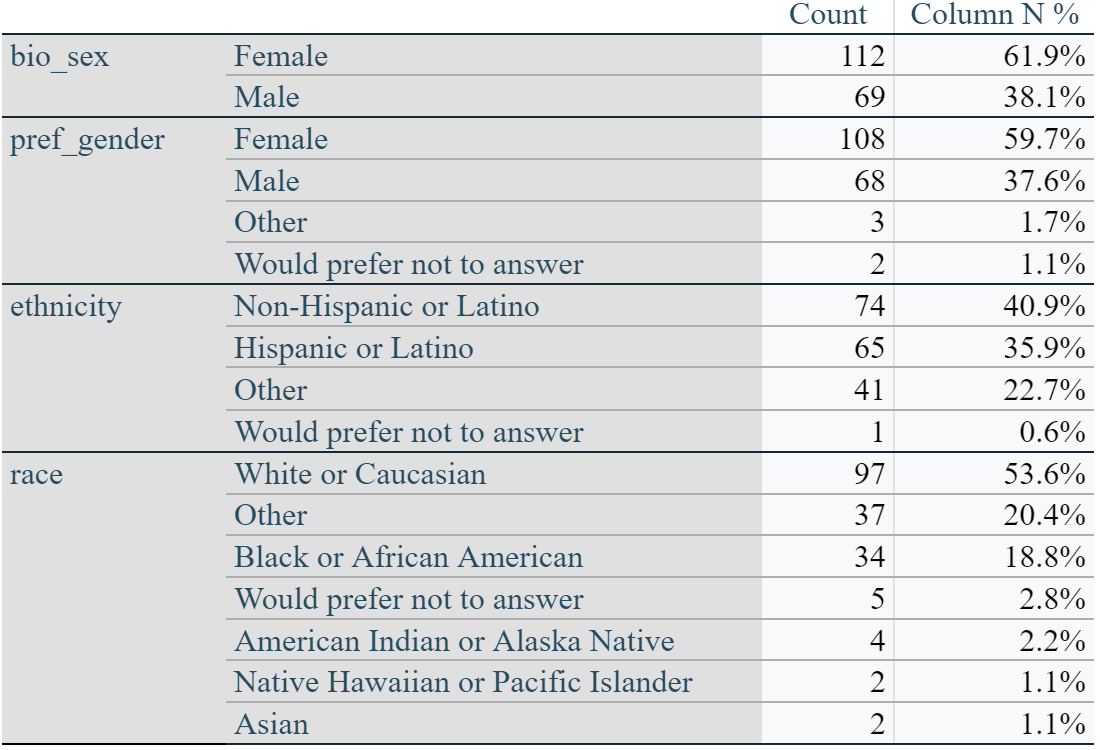Adolescent Medicine
Session: Adolescent Medicine 2
152 - Caffeine Consumption and Academic Performance in Adolescents
Friday, May 3, 2024
5:15 PM - 7:15 PM ET
Poster Number: 152
Publication Number: 152.608
Publication Number: 152.608
- FA
Farnaz Ahmad, BS, BA (she/her/hers)
Student
Connecticut Children's Medical Center
Windham, New Hampshire, United States
Presenting Author(s)
Background: Caffeine is a common substance used to increase alertness and is frequently used by high school and college students. The American Academy of Pediatrics recommends adolescents older than 11 years consume no more than 100 mg of caffeine daily. Little has been published on the association between adolescent caffeine intake and their school performance.
Objective: To evaluate the association between the type and amount of caffeine consumption and academic performance in a cohort of adolescents.
Design/Methods: This is a prospective survey study that was conducted in a pediatric emergency department. Inclusion criteria were teens 12 through 18 years of age, attending school and without an eating disorder or critical medical problem. Caffeine consumption was determined by the typical amount of caffeine consumed weekly calculated through daily and weekly frequency of caffeinated beverages/products and serving size, creating a caffeine score for each participant. Academic performance was assessed by most commonly received grades in the past term as reported by the participant. Sleep was considered a potential confounder and teens were asked about daily sleep habits.
Results: The study included 182 participants (Table). A small-sized servings of soda and energy drinks were the most commonly consumed beverages, followed by medium-sized servings of coffee and tea. Of those who consumed caffeine in a typical week, participants reported their usage as 7 times a week (18.06%). The mean amount of caffeine was 1376 mg/week with a range from 0 mg to 12858 mg per week. Participants attended public schools (71.7%) and received predominantly A's and B's (46.6%) in their classes. On average, participants reported getting 7.1 hours of sleep on a typical school night and had difficulty falling asleep 2.7 days a week. One-quarter of participants reported having a condition that impacts their academic performance. There were statistically significant correlations between weekly caffeine intake and average grades (Figure) (p < 0.001), and sleep difficulty (p=0.008). Independent of sleep, higher caffeine intake was associated with lower grades. Statistically negative correlations were found between grades and sleep on a school night (p=0.003), sleep quality (p=0.008), and amount of advanced-level courses taken (p < 0.001).
Conclusion(s): Weekly caffeine intake and the distribution of grades were strongly correlated, suggesting that high caffeine consumption may have a negative effect on academic performance. The amount of sleep and sleep difficulties also correlated with lower grades.
.png)

